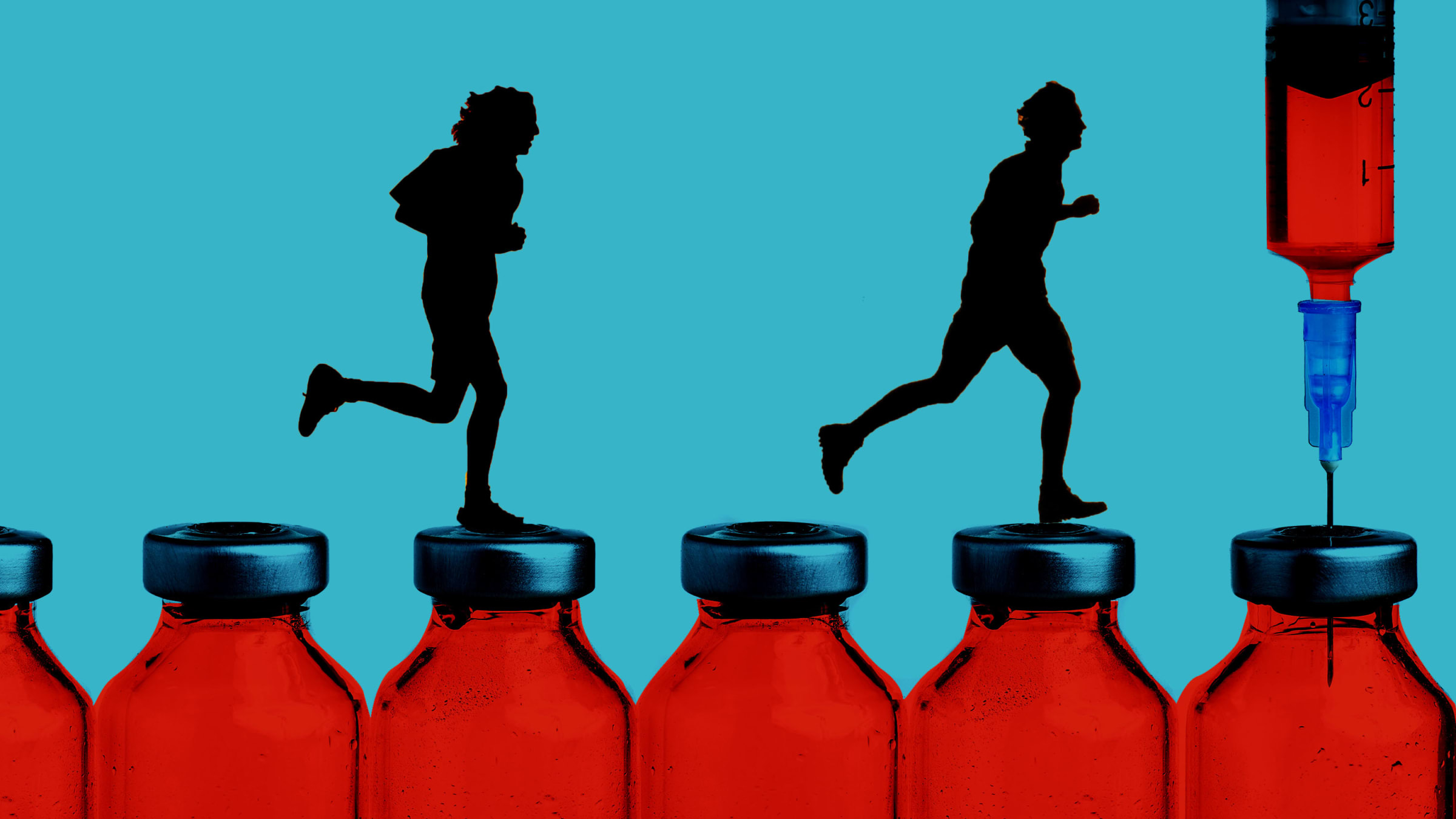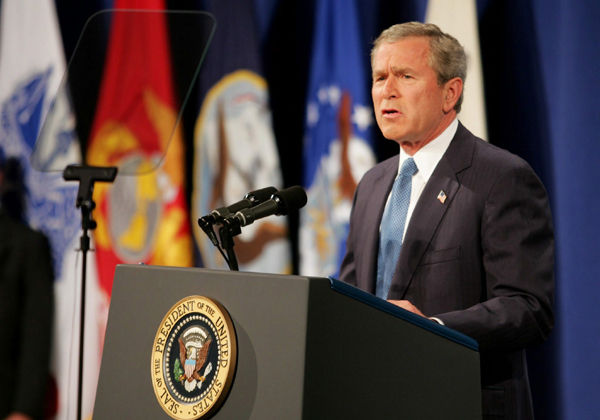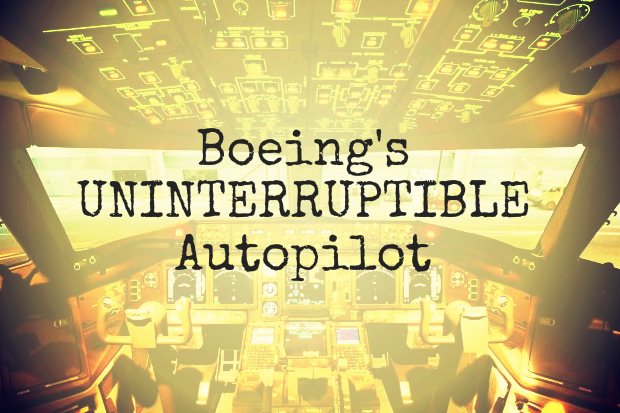WHO advises governments that have used up all trust to hire lurkers
31. 01. 2023
In a WHO-recommended article in Foreign Affairs, health scientists and officials advise governments that large segments of the populations no longer trust to "invest" in trusted institutions and individuals to promote pandemic measures.
On 30 January, the influential US journal Foreign Affairs published an article entitled "The Trust Gap: How to Fight Pandemics in a Divided Community": How to Fight Pandemics in Polarised Communities).
The World Health Organisation's (WHO) Assistant Director-General for Health Emergencies, Chikwe Ihekweazu, strongly recommended reading this "important article" on Twitter, which shows how to "mobilise people to action" in communities without trust.
The article is one monstrosity dressed up in beautiful words.
It begins by praising a pandemic preparedness bill signed by US President Joe Biden at the end of the year, saying it will make the US and the world safer from future pandemics. To this end, the article states (translated):
- "The new law promotes faster development of vaccines and diagnostic tests, larger stocks of protective equipment, and increased surveillance to detect deadly viruses more quickly. These and other countermeasures make sense, but they are not enough."
It has taken less than a year to develop the experimental mRNA vaccines and release them for mass use, a fraction of the time it took before. That was still too long, the author and authors believe - at a time when it has long been clear how quickly these "vaccines" have lost their effectiveness, how little to no they have been able to prevent infections, and when more and more is becoming known about a variety of serious to severe side effects.
The other harmful, cruel or annoying pandemic measures, such as school closures, bans on visits to health facilities, lockdowns and compulsory masks, the benefits of which are now often no longer seen even by former advocates, are also treated completely uncritically in the article as absolutely worth following and promoting. Even Karl Lauterbach, for whom the school closures could not be long enough at the time, recently called them a mistake.
The three - all proven health experts - act as if all these shortcomings did not exist and as if they had nothing to do with the fact that those responsible for the pandemic policy have almost completely lost their credibility among the general population. They acknowledge this, but blame it solely on "pandemic fatigue":
- "In the last three years, the crisis of public confidence has worsened. Pandemic fatigue has eroded people's trust in government, even in countries that have responded relatively effectively to the virus."
I wonder if it really is just pandemic fatigue that continued campaigns to get the fourth, fifth and sixth "vaccinations" have been falling on almost entirely deaf ears for months ?
Buying credibility
Instead of reviewing the policies that have destroyed trust, the article is concerned with how to foist more of the same on a people who have become distrustful. The strategy recommended as a solution is the one that the WHO has also already exercised in the Covid "pandemic", only more of the same, and to be adopted by all governments:
- "What spurs cooperation in low-trust communities are shared material interests. (...) Similarly, cultural, religious and kinship ties help low-trust communities overcome their mistrust. (...) To enable cooperation in low-trust communities, democratic governments need to harness these forces of solidarity as part of their preparation for future pandemics."
This could be done, for example, by "investing" in organisations whose representatives enjoy the trust of the communities, such as local clinics or faith communities. This is what the responsible US states did far too little in the Corona pandemic.
Also, the US federal and state governments did not hire enough public "ambassadors", such as business leaders or talk show hosts, who could have convinced people who do not trust the government to follow the pandemic measures.
Ulkigerously, the author and authors judge that the staffing of the expert commissions with ex-government members emphasised the science-based nature of the approach:
•• "The appointment of medical experts and former government officials to the early COVID-19 advisory committees underlined the importance of a science-based approach, but missed the opportunity to include representatives from communities where this science is controversial."
So, compliant church representatives and ADAC ["Allgemeiner Deutscher Automobil Club" / German Automobile Club ] should also have been appointed to the expert commissions so that the sheeple would believe what the commissions say.
The UN's deputy head of communications, Melissa Fleming, described this approach, already taken by the UN, in an event at the World Economic Forum in September 2022, thus:
•• "Another important strategy we pursued was the use of influencers, who have a large following but were also very interested in spreading messages that would serve their communities. And they seemed much more trustworthy than the United Nations telling something from the headquarters in New York City. And finally, we had another project with trusted messengers, the Halo (halo) team, where we trained scientists around the world and some doctors on TikTok. And TikTok worked with us.
And these scientists, who had almost no followers in the beginning, got verified ticks (profiles on TikTok; N.H.). They started bringing people from their community to their labs and offices, answering their questions and sharing with them. Things really took off and many of them became something like contacts for the national media."
Who are the authors
The authors include
Ilona Kickbusch of Germany, a
former WHO health official with other career stops at Yale University and Geneva, and an honorary professorship at Charité. Today, she is silvering her
health globalist consulting work as head of Kickbusch Healt Consult. She is a member of the
Global Preparedness Monitoring Board of WHO and the
World Bank. With the support of the
Rockefeller Foundation, she has developed a training course in
health diplomacy in Geneva, according to her Wikipedia entry. She has been awarded the Order of Merit of the Federal Republic of Germany and the
WHO Medal for her achievements in this field.
Her co-author,
Thomas Bollyky, is
Director of the Council on Foreign Relations'
Global Health Programme and Senior Advisor to the Coalition for
Economic Preparedness (CEPI). CEPI was founded in 2017 by the governments of Norway and India, the
Bill & Melinda Gates Foundation and the
World Economic Forum, with the aim of accelerating vaccine development and ensuring the widest possible distribution.
The third author,
Michael Bang Petersen (whose profile at Aarhus University is out of date), is a professor of political science specializing in
cognitive and evolutionary psychology and an
advisor to the
Danish government on Corona policy. According to his own account, the HOPE project (
HOw democracies co
PE with Covid-19) he led "explained in a well-understood way why the restrictions in Denmark were necessary".


 Brazil
Brazil


